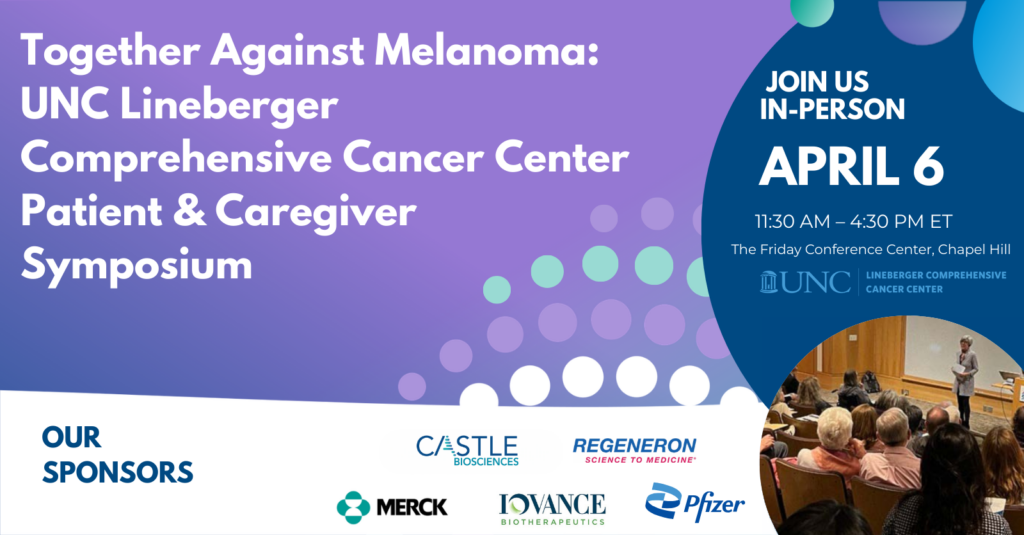
Inhibiting Myeloid-derived Suppressor Cells Improv...
Emma Grzelak’s Abstract Melanoma is a disease that places an incredible physical, financial, and emotional burden upon our society. Treatment options for melanoma hav...

Emma Grzelak’s Abstract Melanoma is a disease that places an incredible physical, financial, and emotional burden upon our society. Treatment options for melanoma hav...

Chenxu Shi’s Abstract Melanoma is a deadly form of skin cancer, and while new immunotherapy treatments have significantly improved survival, not all patients respond ...

Gabriella Alvarez’s Abstract Diabetes is chronic metabolic disorder of insulin resistance or deficiency. Diabetes has previously been linked to certain cancers: color...

Sidharth Chand’s Abstract Melanoma cases are increasing each year and can be difficult to diagnose. Pathologists look at special markers in skin samples under the mic...

Dong Ren’s Abstract Sinonasal mucosal melanoma (SNMM) is a rare high-grade malignancy involving the sinonasal tract, primarily including the nasal cavity, turbinates,...

Kelsey Montgomery’s Abstract Melanoma, an aggressive skin cancer, can spread cancer cells to nearby lymph nodes. When removing a melanoma, surgeons will often also re...

Afsaneh Amouzegar’s Abstract Melanoma is the most aggressive form of skin cancer. One of the most common and devastating complications of melanoma is the spread of ca...

Urvashi Joshi’s Abstract Melanoma is the fifth most common cancer in the U.S. Melanoma is an important public health concern and has a rising number of new cases and ...

Kevin Nguyen’s Abstract Pediatric melanomas are a rare and deadly form of skin cancer. Melanomas in adults have better studied than the pediatric variant due to the r...

Milad Ibrahim’s Abstract Melanoma can be classified according to TCGA into 4 genetic subtypes: BRAF, NRAS, NF1 mutants or triple wild type. A lot of research focused ...



Apr 06, 2026 ET

Apr 17, 2026 ET - Apr 19, 2026
